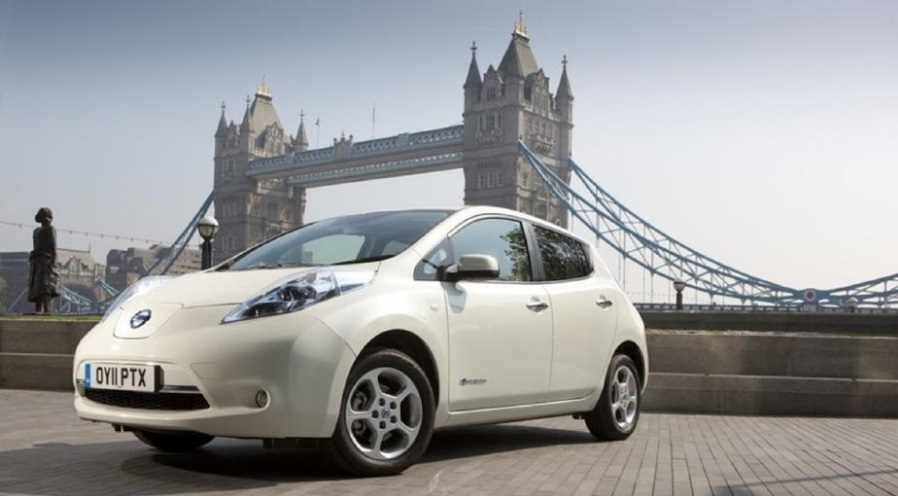Used electric vehicle batteries will be given a second life in the United Kingdom (UK), thanks to a new partnership between Nissan and Ecobat.
The two companies are working together to investigate how electric vehicle (EV) batteries, from Nissan LEAFs that are no longer on the road, can be located within the UK salvage network and then be safely recovered, repaired, recycled or repurposed to create a sustainable circular energy economy.
Alan Low, EV Battery Circular Economy Manager at Nissan Energy Services, states: “We are working together with Ecobat to assess how we engage with salvage operators, manage transportation, test, repair and reuse electric vehicle batteries in order to understand the commercial value chain.”
“These are batteries from cars that have been dismantled due to old age or that have been written off by insurers, however the batteries themselves still have an opportunity to be reused. They still have a useful life ahead of them, so we need to create a sustainable way of recovering them,” he adds.
Having launched the LEAF EV back in 2011, Nissan has the longest history with electric mobility in the country and is keen to establish a lead in the processing of used batteries – an industry that is expected to grow dramatically in the coming years.
The Strategic Pilot Agreement combines Nissan’s battery expertise and Ecobat’s recycling knowledge and will investigate ways of commercialising the process of locating, safely transporting, dismantling, repairing and repurposing batteries for second life usage.
Uniquely, Nissan could also then offer those second life products to market with the added reassurance of an official manufacturer warranty.
The project also supports Nissan’s aim to achieve carbon neutrality by 2050 across its operations and the lifecycle of its products.
Once located, batteries are assessed and recovered to Ecobat’s Darlaston base, near Birmingham, using specialist vehicles.
Here, further checks are carried out based on Nissan expertise and processes to determine their long term safety and performance, allowing the firm to identify suitable second life applications, including: Battery Energy Storage Systems – emergency power back up, power balancing-, and Mobile power charging systems.
Batteries that don’t make the grade will be safely prepared for recycling.
Tom Seward, EU Key Accounts Director (Northern & UK) at Ecobat Solutions UK Ltd, indicates: “We provide a specialist offering for battery handling, with highly skilled engineers that are trained to work on high voltage batteries, in full compliance with UK battery regulations.”
“This is a critical piece of the EV sustainability picture that has real environmental benefits. We even recover any energy stored in the salvaged battery and use it to provide power to the onsite EV charger network at our site,” he adds.
Since opening in 2021, Ecobat’s UK Diagnostic and Disassembly Centre has processed over 6,000 batteries and performance graded more than 14,000 modules.
This year, the company will open its third Li-Ion recycling facility in the country, further increasing the amount of batteries that can be processed.
Read more: Nissan will double the density of EV batteries in the short term: What’s the plan?







